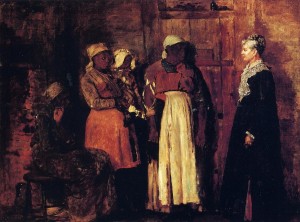
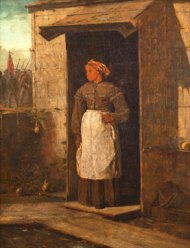
Although the Mammy was first described in a literary text, the Mammy caricature which is still present in today’s society; became a staple in American entertainment in the early 1900s.
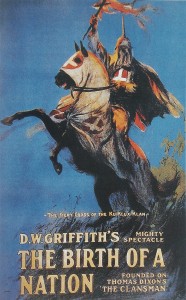
First appearing in the film adaptation of Thomas Dixon’s novel The Clansman (1905), the highly criticized; for is stereotypical racial depictions of Blacks, D.W. Griffith’s silent film, Birth of a Nation (1915).
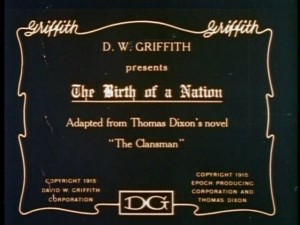
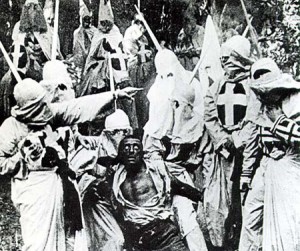
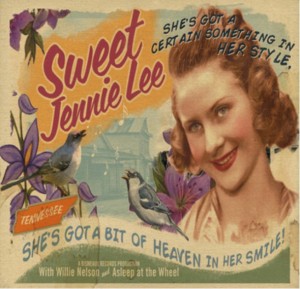
Birth of a Nation depicted the Mammy archetype played by actress Jennie Lee in Blackface.
Birth of a Nation was protested by the National Association for the Advancement of Colored People, due to what the NAACP saw as a promotion of the Ku Klux Klan and racial stereotypes which negatively depicted Black men as savages and Black women as servants or Mammy.
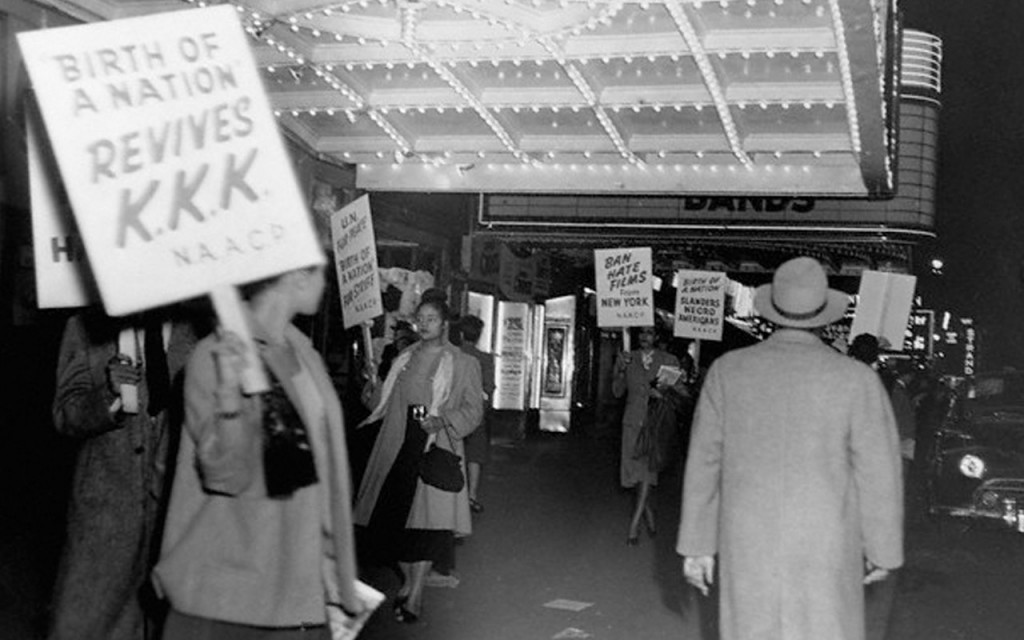
Al Jolson
In 1927 the legacy of the Mammy continued to be mentioned in Blackface form with the first talking movie in Al Jolson’s The Jazz Singer.
Al Jolson as Jack Robin in The Jazz Singer singing his classic Mammy, 1927.
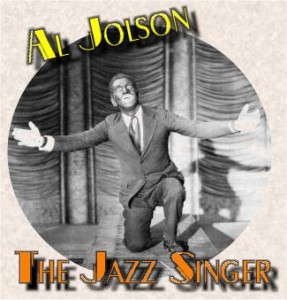
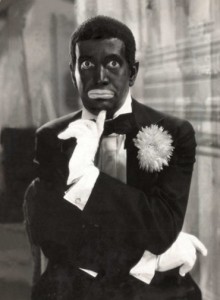
Al Jolson “Mammy” The Jazz Singer 1927 by Howard & Tami.
Although Jolson; who is of Jewish descent (born Asa Yoelson), was known for performing his songs in Blackface, he is often widely credited for deconstructing racial barriers and negative attitudes against Black performers on Broadway.
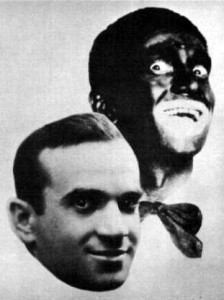
Al Jolson “Mammy” The Jazz Singer 1927
In John Kenrick’s- Al Jolson: A Biography, Kenrick, notes that Jolson felt that Blackface “gave him a sense of freedom and spontaneity he had never known. Jolson is also widely known to have been influenced by Black music, mainly tunes from New Orleans; which explains Jolson’s gravitation toward and use of Black Jazz music within his shows. Jolson is additionally credited with introducing white audiences into the culture of Black entertainment.
Jolson’s success in minstrel and vaudeville shows, and the growing popularity of the Mammy figure, other White male actors, began to follow Jolson’s lead in voicing or portraying the Mammy. Most notable is actor Marlon Hurt, who was the White actor, who used a Black dialectical voice for the character Beulah.
Beulah; voiced by Hurt, was first heard on the Hometown Incorporated radio series and the first season of the Beulah radio series (1939).

Beulah came under attack from many critics, including the NAACP, which accused the show of supporting stereotypical depictions of Black characters with Beulah viewed as a stereotypical “mammy” similar to Aunt Jemima.” – reelblack.com
